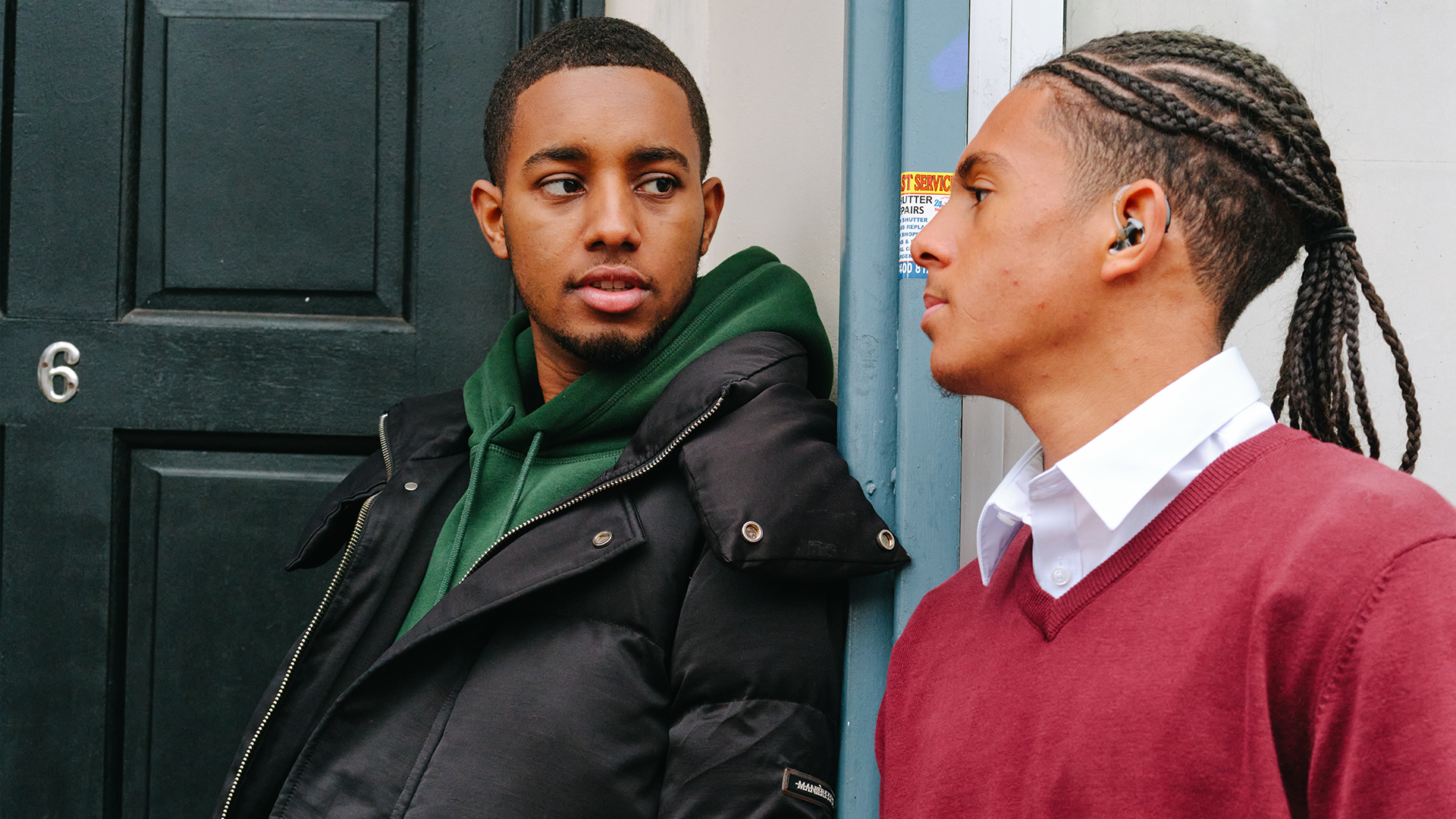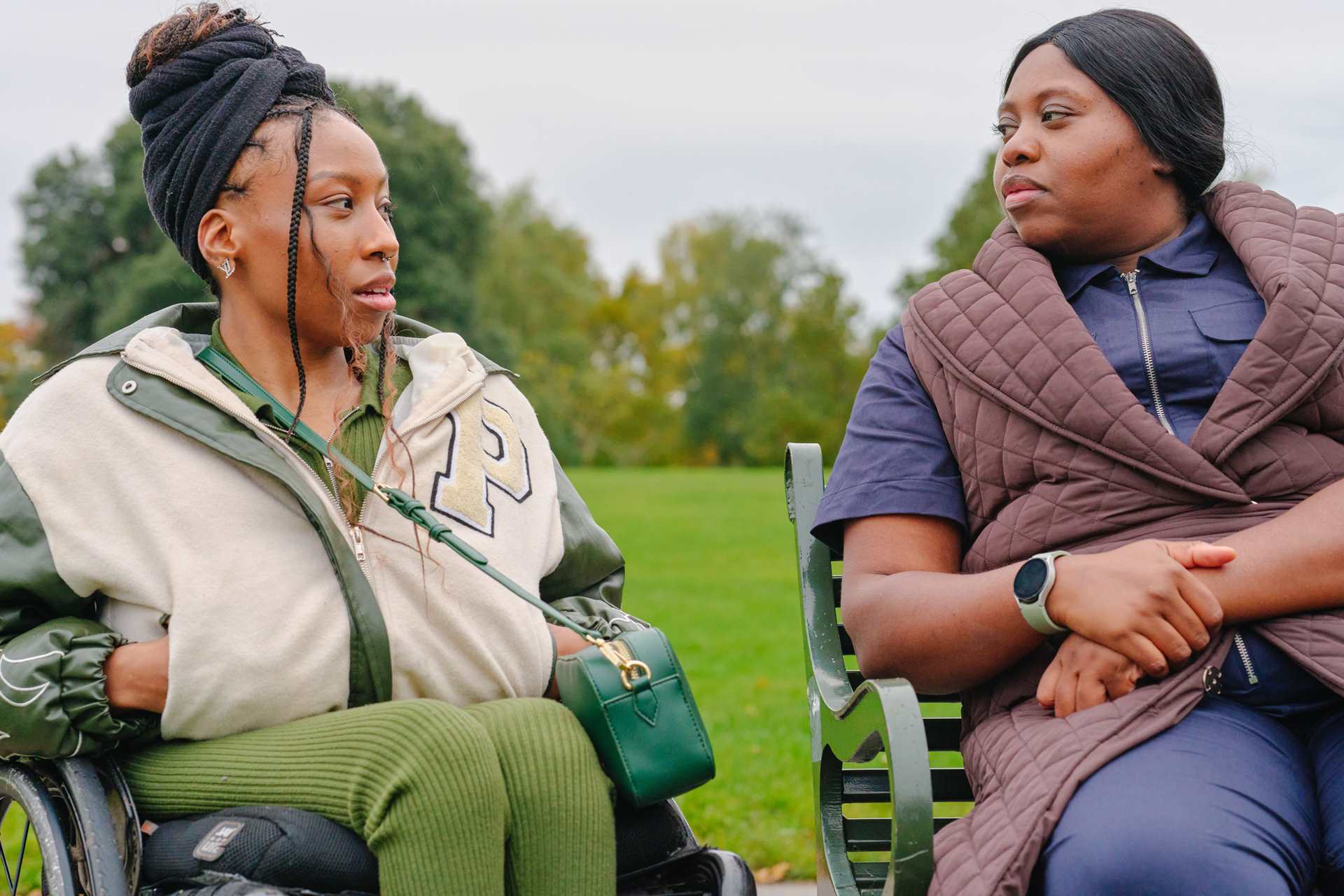
- For:
- Community support,
- Youth workers
Learn about anxiety and how to support a young person who is struggling with anxiety.

Anxiety is a feeling of worry or fear that is experienced as a combination of physical sensations, thoughts and feelings.
Everyone will feel anxious sometimes, but these feelings will usually subside once a particular moment - such as taking an exam or trying something new - has passed.
Anxiety can become a problem when these feelings don’t pass and a young person feels constantly anxious, overwhelmed and distressed. It can also become a problem when previously enjoyable activities or tasks start to make a young person feel anxious. Young people may start to withdraw and limit what they feel able to do.
This could be:
Linked to withdrawing, a young person may:
A young person might:
This might include:
They might start to refuse snacks or food during a session. Alternatively they may start always carrying food on them, or be eating throughout sessions.
Before you can support a young person who you think is struggling with anxiety, you need to be comfortable talking about mental health and wellbeing. We have worked with adults who support young people in the community to develop tips and advice on how you can best talk to someone who is struggling with their mental health.
This isn’t a one-off conversation; keep checking in regularly with how the young person is feeling, while remembering to talk about other things too - young people don’t want to be defined by their mental health challenges. Check out our related resources at the bottom of this page for activities to stimulate conversations about anxiety and anxious thoughts and feelings.
This might be the first time a young person shares how they are feeling with you. You can explore with the young person who else in their life they can reach out to for support. This might be a parent, carer, or a teacher at school.
Give the young person the power to contribute to decisions about what might help them access and participate in your group or session. Find a way to communicate - this might be via text or phone, or it might be face-to-face. Reassure the young person that they’ll be welcome in your group and that you’ll consider their ideas to make the group accessible.
The young person may be aware of triggers that affect their anxiety, so you can ask them if they have suggestions about what might make them feel more secure. If they aren’t aware of their triggers, you may want to talk with them about ways of identifying them.
Visiting the space before the group starts, having some more time to get to know the leaders, or being able to join a smaller group all might help make the group accessible for your young person.
Debilitating anxiety doesn’t have to last forever; there will be times in life when we all feel anxious, but it can get better. For example, joining a group session can be a positive step in a young person’s journey of learning to cope with their anxiety. What is important is communicating with them that they can get through this.
When a young person takes a step forward in their anxiety journey, celebrate this together.
You may want to offer young people the opportunity to take part in an event like a performance or competition. There are many benefits to having the opportunity to perform during adolescence - it can build confidence and self-esteem as well as creating a sense of achievement. However, a number of young people quit sports and arts altogether because of performance anxiety or anxiety about joining group activities. Here are some tips you can give to young people about dealing with performance-related anxiety:

Our community of adults working with young people shared their tips for supporting those with anxiety.
You can share these helplines with the young person you are supporting if they are struggling to open up.
If you’re under 19 you can confidentially call, chat online or email about any problem big or small.
Sign up for a free Childline locker (real name or email address not needed) to use their free 1-2-1 counsellor chat and email support service.
Can provide a BSL interpreter if you are deaf or hearing-impaired.
Hosts online message boards where you can share your experiences, have fun and get support from other young people in similar situations.
Supports people struggling with panic attacks, phobias, obsessive compulsive disorder (OCD) and other anxiety-related issues - and provides support and information for their carers.
Call 01952 680835 for a recorded breathing exercise to help you through a panic attack (available 24/7).
Offers support and information to anybody affected by obsessive compulsive disorder (OCD).
Take a look at our resources and stories from young people for more support and advice.
Whether you love the page or think something is missing, we appreciate your feedback. It all helps us to support more young people with their mental health.
Please be aware that this form isn’t a mental health support service. If you or a young person you work with is in crisis right now and wants to talk to someone urgently, find out who to contact on our urgent help page.
At YoungMinds we take your privacy seriously. If you’d like to read more about how we keep the information we collect safe, take a look at our privacy policy.